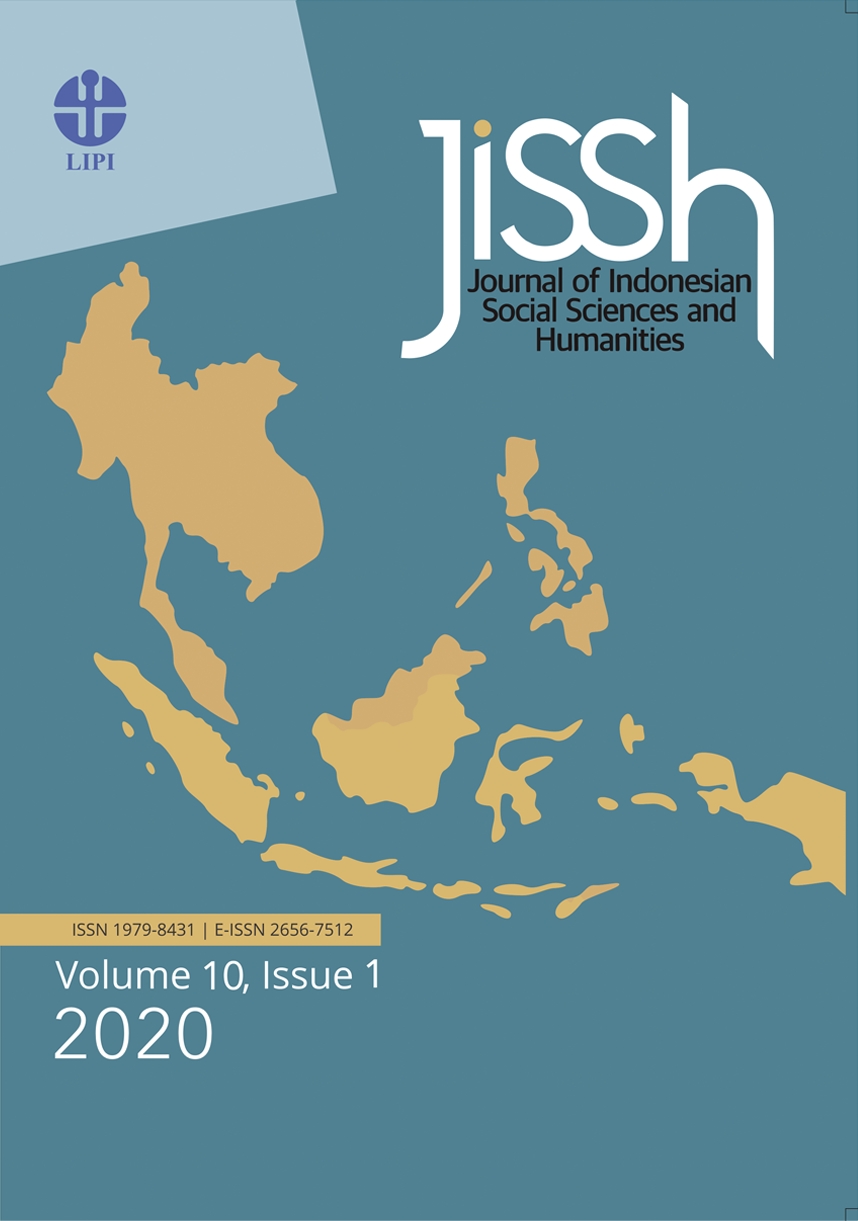Patronage Democracy in Indonesia
Edward Aspinall & Ward Berenschot. (2019). Democracy for Sale: Elections, Clientelism, and the State in Indonesia. Ithaca & London: Cornell University Press.
References
Aspinall, E. (2014). When Brokers Betrays: Clientelism, Social Networks, and Electoral Politics in Indonesia. Critical Asian Studies, 46(4), 545–570.
Aspinall, M. S. E. (Ed.). (2015). Politik Uang di Indonesia: Patronase dan Klientelisme Pada Pemilu Legislatif 2014. Penerbit PolGov.
Aspinall, W. B. E. (2019). Democracy For Sale. Pemilu, Klientelisme, dan Negara di Indonesia. Yayasan Pustaka Obor Indonesia.
Lazuardi, G. (2018). Dugaan Politik Uang di Pilkada Jatim, La Nyalla Bakal Lapor ke Mabes Polri dan KPK. Tribunnews.Com. https://www.tribunnews.com/nasional/2018/01/12/dugaan-politik-uang-di-pilkada-jatim-lanyalla-bakal-lapor-ke-mabes-polri-dan-kpk
Mufti, M. (2013). Kekuatan Politik di Indonesia. CV Pustaka Setia.
Muhtadi, B. (2013). Politik Uang dan Dinamika Elektoral di Indonesia: Sebuah Kajian Awal Interaksi Antara Party-ID dan Patron Klien. Penelitian Politik, 10(1), 41–58.
Downloads
Published
Issue
Section
License

This work is licensed under a Creative Commons Attribution-ShareAlike 4.0 International License.
Authors who publish with this journal agree to the following terms:
1. Authors retain copyright and grant the journal right of first publication with the work simultaneously licensed under an Attribution-ShareAlike 4.0 International (CC BY-SA 4.0) license. This license allows others to remix, adapt, and build upon the work, as long as they credit the author and license their new creations under the same terms.
2. Authors may enter into separate, additional contractual arrangements for the non-exclusive distribution of the journal’s published version of the work (e.g., posting it to an institutional repository or including it in a book), provided there is an acknowledgment of its initial publication in this journal.
3. Authors are permitted and encouraged to post their work online (e.g., in institutional repositories or on their personal website) prior to and during the submission process, as this can lead to productive exchanges and increase citations of the published work (See The Effect of Open Access ).


















